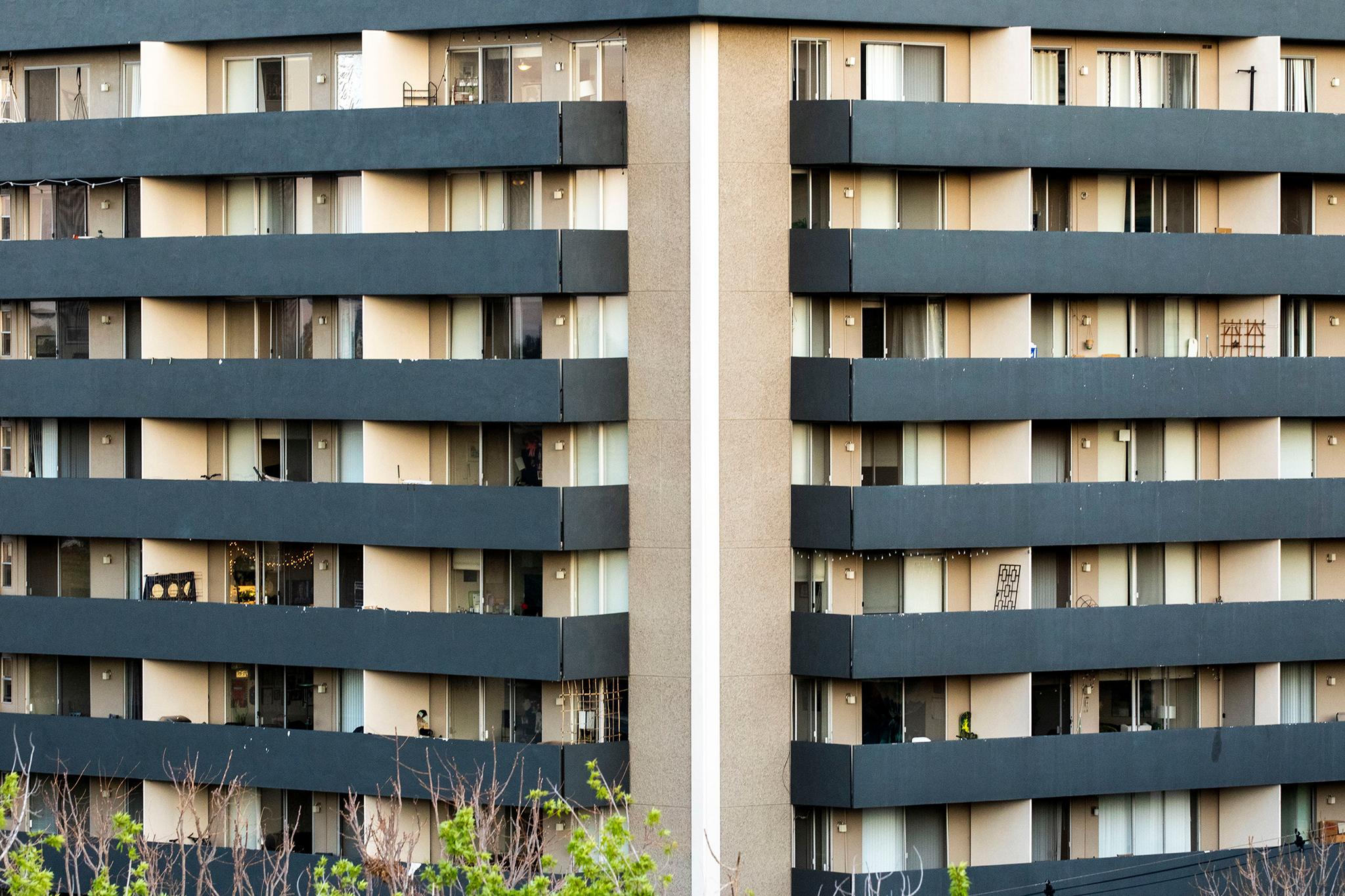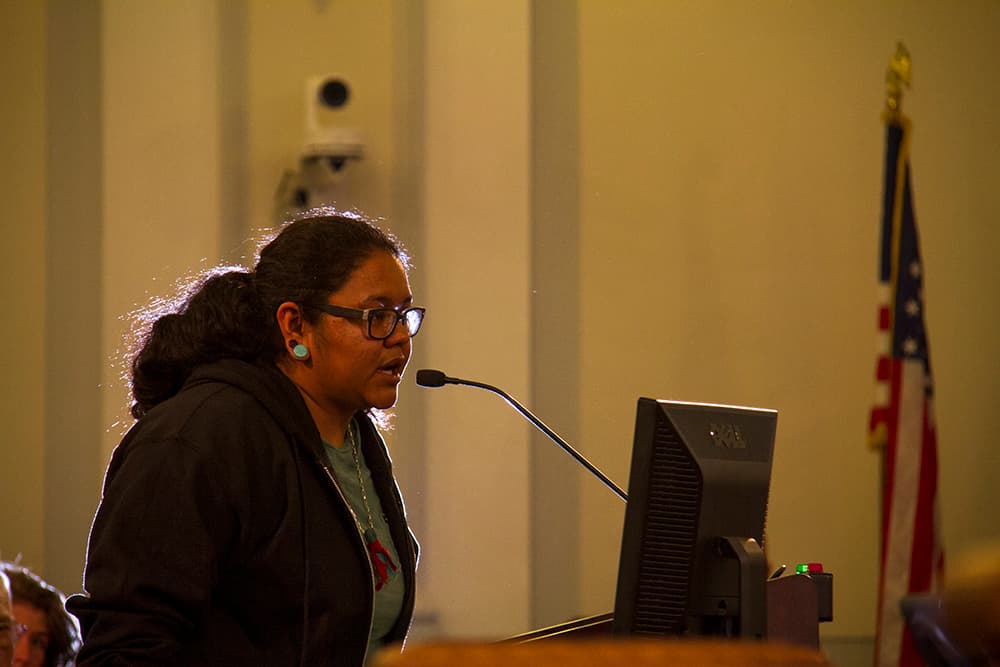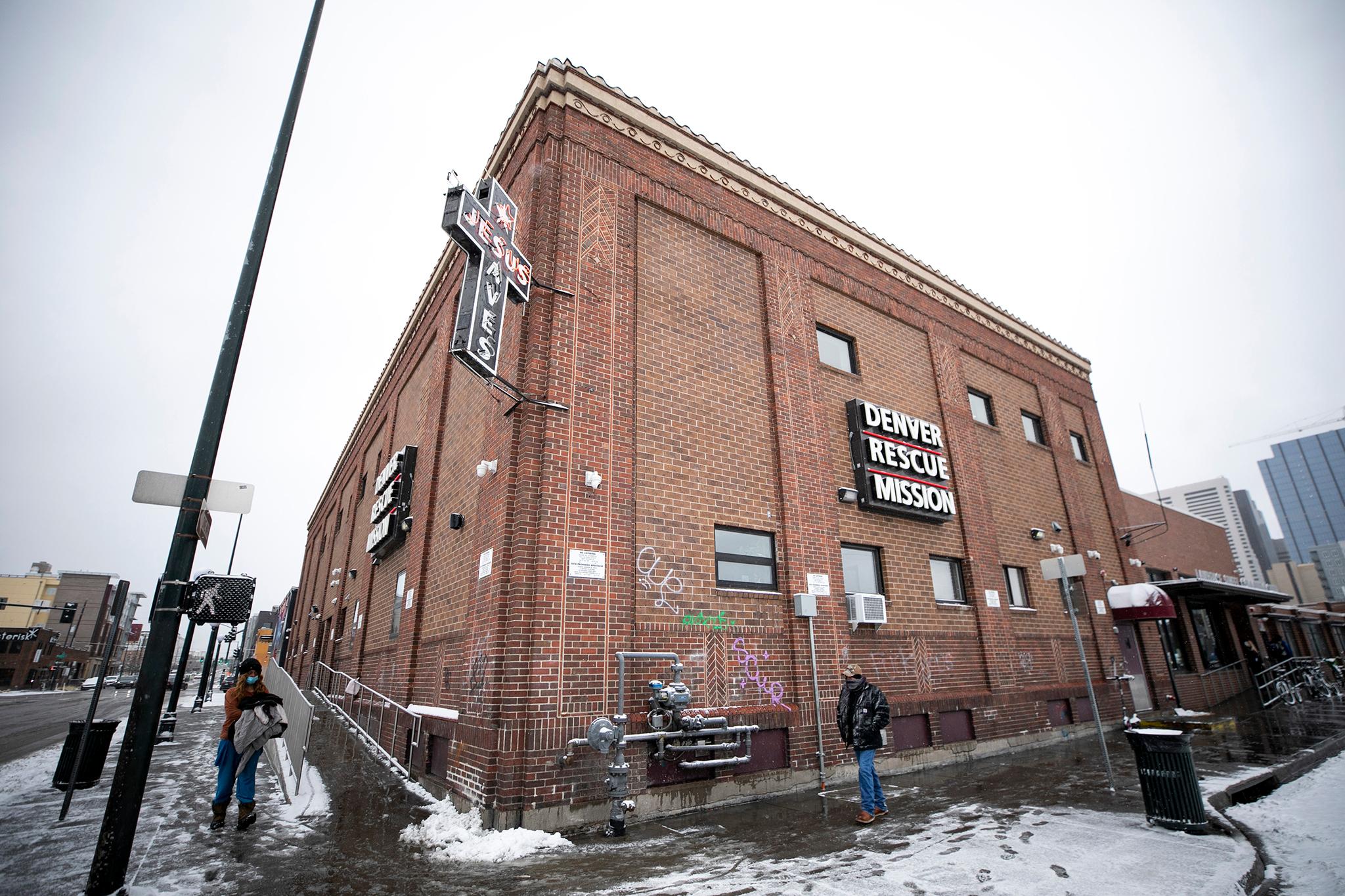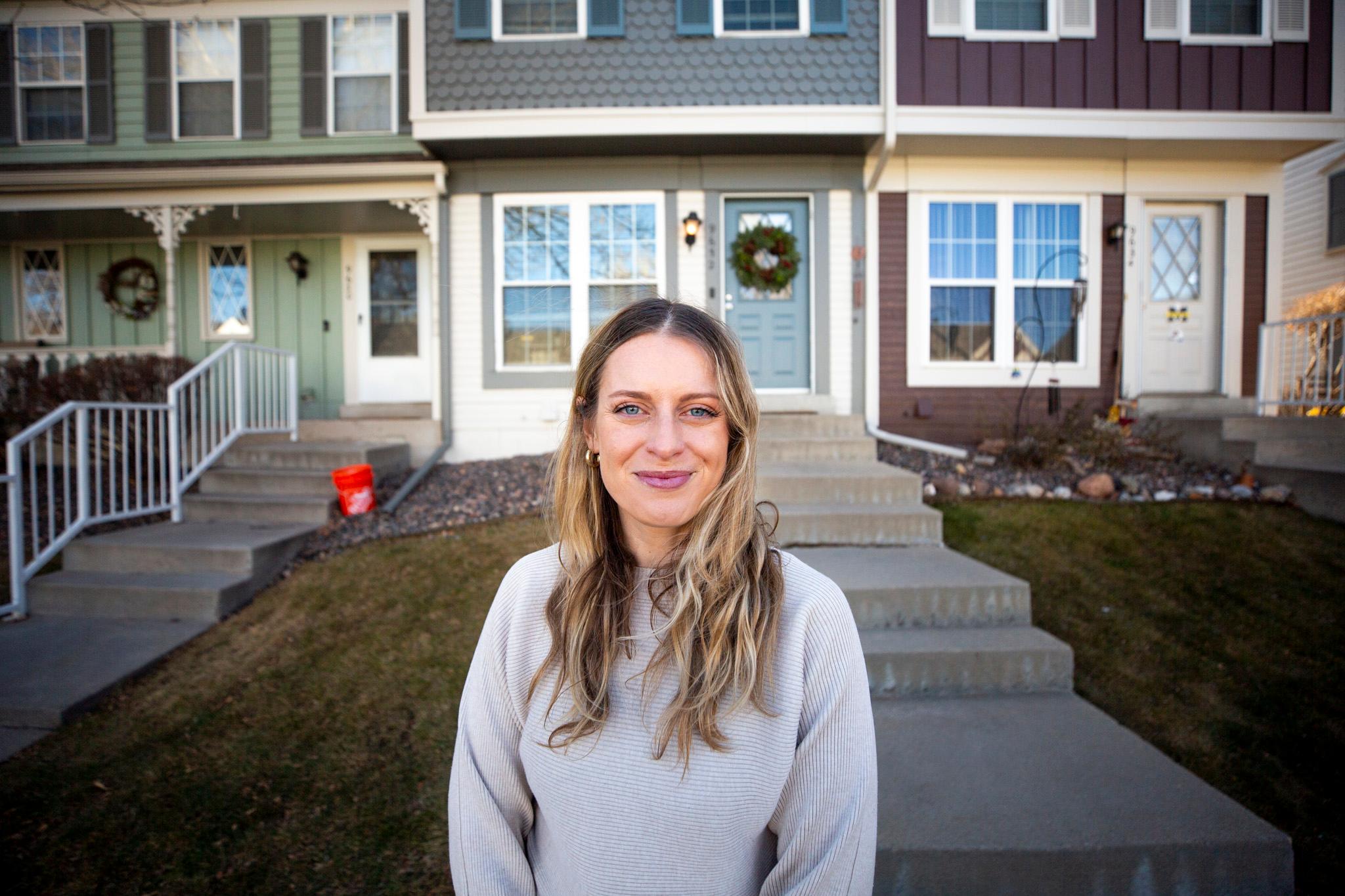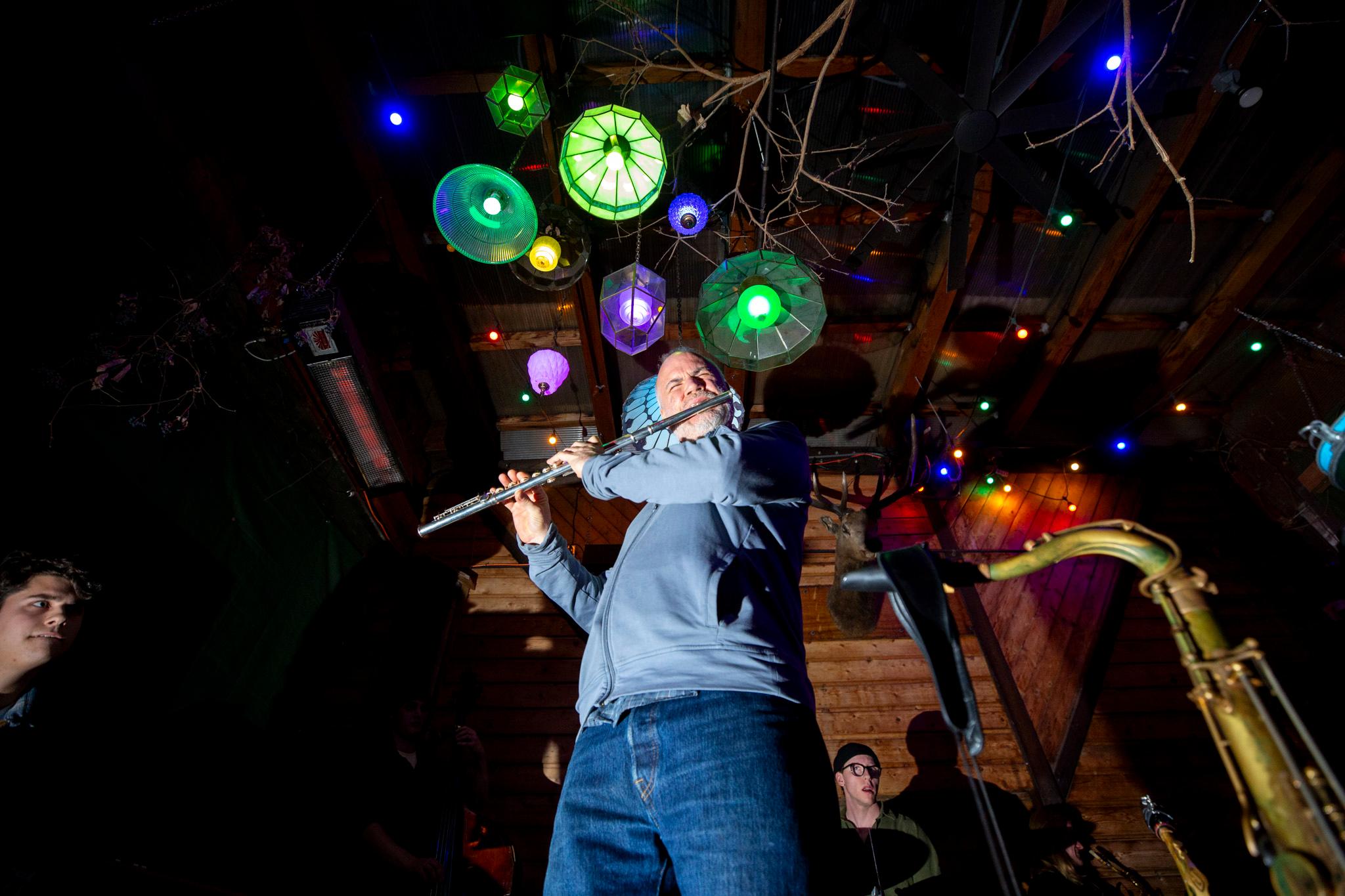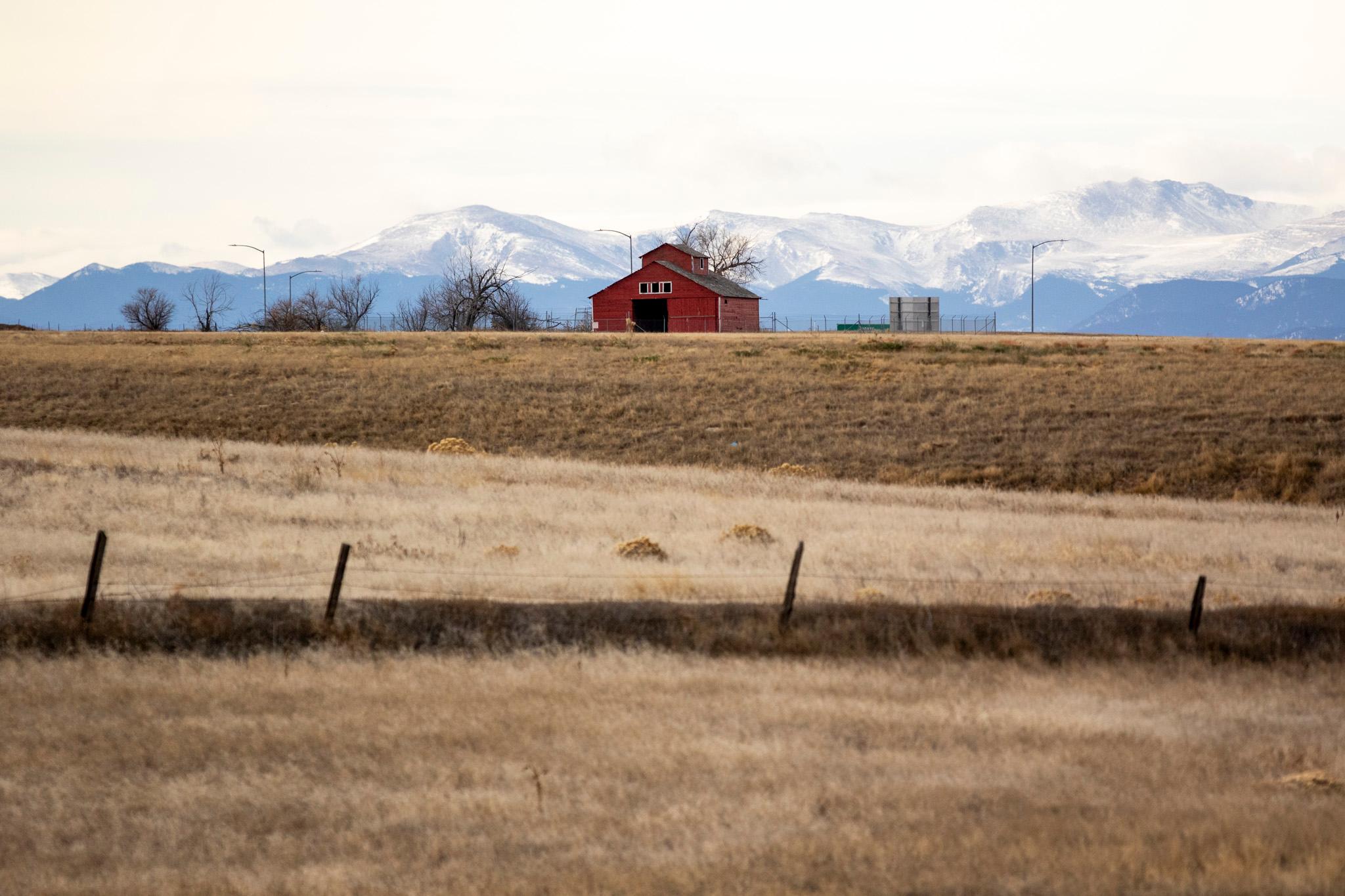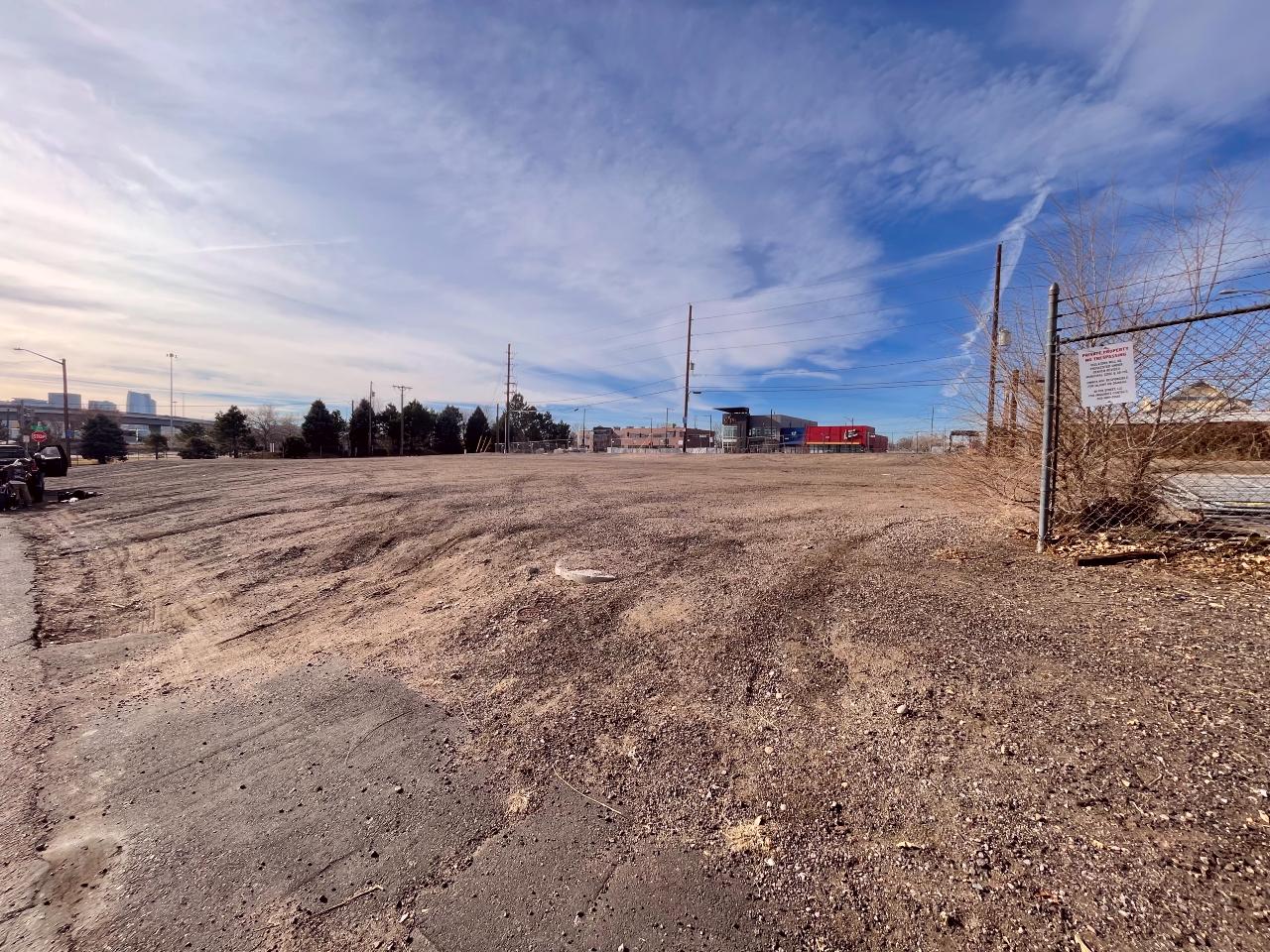Unlike people charged with a crime, many Denverites facing eviction don't have guaranteed free legal representation in court -- even as they lose their homes, suffer a tarnished record, and discover that they cannot find a new landlord who will grant them a lease.
A group of renter's advocates, called NEWR Denver, which stands for No Eviction Without Representation, is working on a ballot initiative for November 2022 that would ensure every person facing eviction in court would get a lawyer and be notified of their rights for legal representation at the beginning of the court process.
Currently, the city offers eviction assistance and legal support for people making under 80% of the area median income, which is $55,950 for one person.
The proposed program, which would support people from all economic levels, would be funded with $11,986,875 in tax dollars, which would rise based on the Colorado consumer-price index, and a $75 yearly fee per rental unit for larger landlords, though there would be a lower fee for smaller landlords. That translates to $6.25 a month per unit.
Now, landlords and their advocates are weighing how hard they plan to fight the initiative.
The group of advocates behind NEWR Denver was previously involved with an eviction defense program that would connect people facing eviction with lawyers.
The activists would reach out to people facing eviction, whose names, at the time, were publicly available through the courts. A 2020 privacy law prohibited the courts from sharing their names, and the activists -- who support the privacy efforts -- no longer had a way to contact people at risk of losing their homes.
Instead of trying to help tenants on a case-by-case basis, the advocates launched the NEWR campaign to change the system so all tenants have access to legal help when going through an eviction.
The group was inspired by a successful push for a similar effort in Boulder, in 2019, by a group called NEWR Boulder, along with tenant legal aid programs in other cities including New York City, Cleveland, San Francisco and Philadelphia.
Wren Echo, one of the group's members, said eviction rates decrease when such programs are in place and that tenants who show up to court with a lawyer are significantly less likely to be thrown out of their homes.
"If you show up to court with a lawyer, you win a lot of the time," she said. "And even when you don't win, it massively improves your chances of getting a much better outcome and potentially staying in your home, or getting a non-judgment stipulation, something like that, where even if you move, you know, you're just you're making an agreement with your landlord. And so you're not like getting a permanent eviction record that's gonna throw you into a lifetime of housing instability, possibly with you on the street."
"There's also a lot of incidences where if a landlord knows that the tenant has protection then their first step is not going to be an eviction," added NEWR member Caleb Pykkonen. "It's going to be like other ways to solve the problem that they have with their tenant. So I think that's just another reason that we've seen such a sharp drop in evictions in the cities where it's passed."
NEWR opponents include real-estate companies and large corporate landlords, said Meredith Phillips of the Lyda Group, who is working on the campaign.
"When we're campaigning with people on an individual level, family landlords and smaller landlords don't seem to mind this initiative," said NEWR member Grace Thorvilson. "I haven't gotten any pushback myself."
A trade group for landlords opposes the effort.
Drew Hamrick, the Colorado Apartment Association's vice president and general counsel, argues the roughly $12 million the initiative would generate is far too much money for eviction defense.
"Even if you thought that this is a good idea and something that money ought to be spent on, it's my opinion that $12 million -- by a factor of about 10 times -- is more money than what's required for this purpose," he said. "There's about 1,000 evictions a month that are filed in Denver County. So that's 12,000 per year, and roughly $1,000 in lawyering costs per eviction. This is not big-time litigation, like Perry Mason. These are county court cases that take an hour of attorney time down there. They're not that complex. Most of the cases don't go to trial."
While it sounds like landlords will pay the $75, those costs will be paid by renters, he said.
"And so somebody that's just paying their rent, not causing any trouble, just trying to get by, it's just an added cost that they're going to fund to help defray the costs for those people that are in default under their lease," he said.
Ultimately, Hamrick said, the additional $75 per unit per year will raise housing costs citywide.
"It does have an inflationary impact on housing costs," he said. "And I think for most people and Denver voters included, the bigger issue to them is holding down housing costs."
But addressing housing and homelessness is at the heart of the "no eviction without representation" movement, the proponents say.
"Eviction is one of the core ways that people find themselves without a home," Phillips said. "And because it can be so sudden and it can be so stark and because it's so disruptive, it can lead to so many additional knock-off effects that make it almost impossible to recover in many cases. And that ends up costing the overall city, state, county a substantial amount of money to take care of the after-effects of those positions. So if we prevent this happening in the first place, we're saving everybody."
Even without a record of an eviction, many find renting in Denver to be burdensome. Qualifying for a lease can be a challenge for many working people.
Add an eviction to that? Said Wren: "It just makes it infinitely worse."
This story has been updated to include information about the city's current eviction assistance program.

